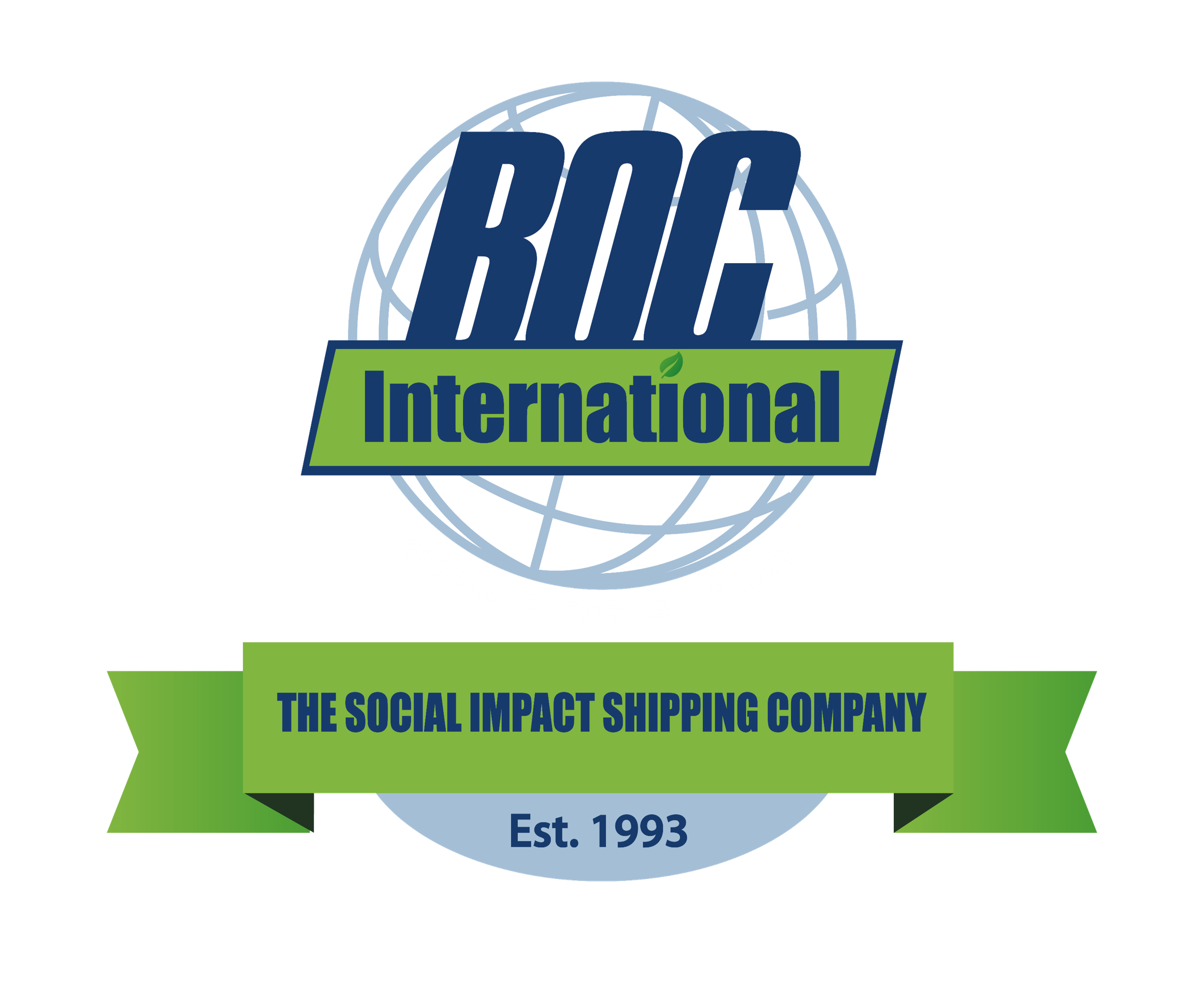
Are You Import/Export Compliant? 5 Best Practices
Importing/Exporting is a privilege – not a right. An Importer’s/Exporter’s failure to be compliant with all the U.S. rules and regulations that govern import/export business transactions can result in having those privileges immediately suspended. It does not matter if the importer, exporter, Customs Broker or freight forwarder is non-compliant because of his/her lack of industry knowledge or because of being disorganized, lazy, or apathetic towards the rules set forth, the result is the same – a loss of that privilege to import/export. To ease your concern of whether or not you are in sync with proper import/export compliance procedures, here are 5 Key Compliance Checkpoints Customs Border and Protection looks for:
Control Environment: Do you have your management’s commitment? Can you access Executives for needed resources?
This checklist component requires that a commitment to compliance is clearly demonstrated by yourself, your company’s management team, and your hired Customs Broker. This commitment is validated by having a formal statement of your corporation’s policy regarding CBP protocols. In addition, organize an actual, formal, visible Customs Group who can collaborate with your other departments as needed and who have access to your Executives (who need to be knowledgeable regarding key import statistics and suppliers).
Further, if your management is truly in sync with being compliant, your company will also have a statement from its Board of Directors that designates authority and responsibility to the Customs Group handling your import transactions.
Risk Assessment: Do you have internal goals that manage and/or reduce risks?
This factor requires you to be proactive and able to identify and analyze potential risk, as well as be able to develop internal goals to handle those risks. It is imperative that you conduct pre-entry reviews and compare them to the goals you have established to ensure any risk is reduced and/or eliminated. Have a plan to determine specifically how risk areas will be managed.
Control Activities: Do you have formal policies?
It is imperative that you conceptualize, implement, and update formal policies and procedures for your import management team so that goals are clearly established. Verify the accuracy of the internal control manual; modify controls that aren’t effective or efficient and share changes and updates with your Customs Group. Specifically and clearly define (in your job descriptions and staff expectations) who is accountable for what. In addition, another control activity encompasses developing compliance requirements for your suppliers. You will need to develop purchase agreements and controls to ensure that all transactions through CBP are accurately processed, valid, and properly authorized. When applicable, have your suppliers provide regularly reporting information. Another point under this section is establishing an organized, user-friendly recordkeeping program.
It should create a detailed audit trail commencing at production control all the way through payment to the border entry.
Information and Communication: Do you provide formal training programs?
You cannot expect the absolute best (and complete, error-free import compliance transactions) from your employees if they were never trained properly. It is your responsibility to ensure they receive current and ongoing training. In addition, you must be sure all staff members consistently receive any/all updated corporate, industry, and/or CBP information.
Monitoring: Do you conduct internal control reviews?
In order to assess the performance quality of your various import/export-related business units, you need to periodically review them through announced and unannounced audits.
To be successful (and compliant) as an Importer, encourage a team environment among all the individuals involved in the import process. Foster a sense of cooperation, communication, and collaboration with CBP Client Representatives; encourage your team to view them as partners in the whole process.
Please let your BOC Representative know if you have any questions, or need any help, with compliance. We are here to help!

